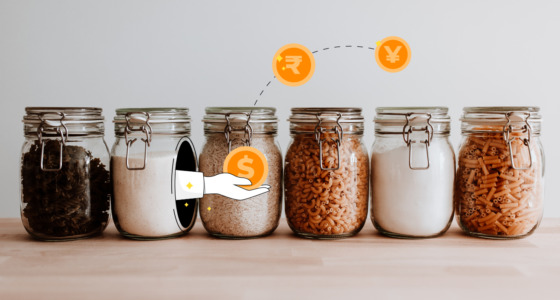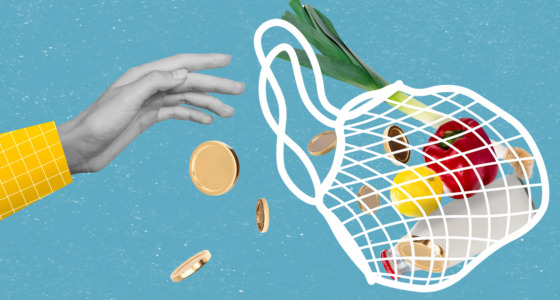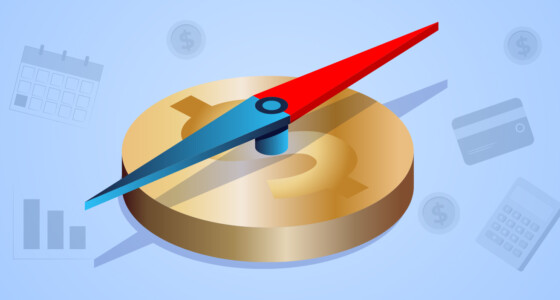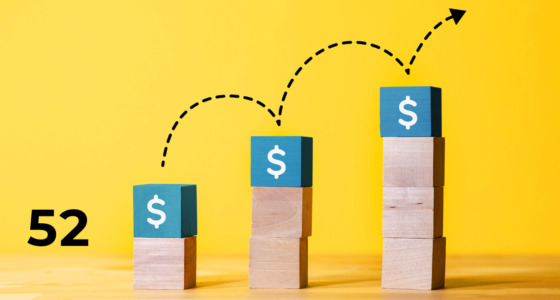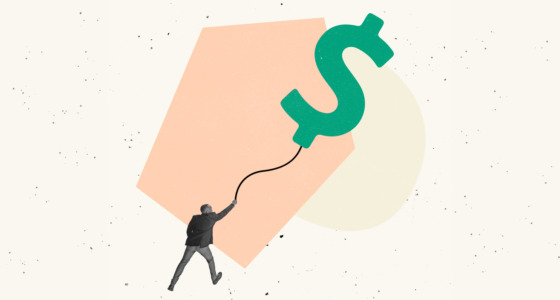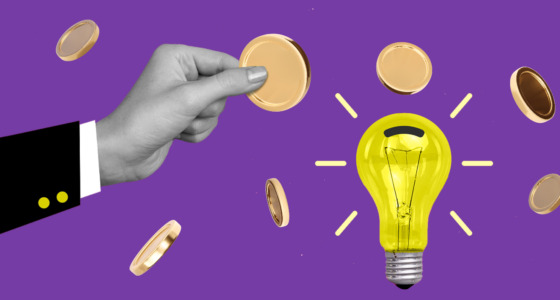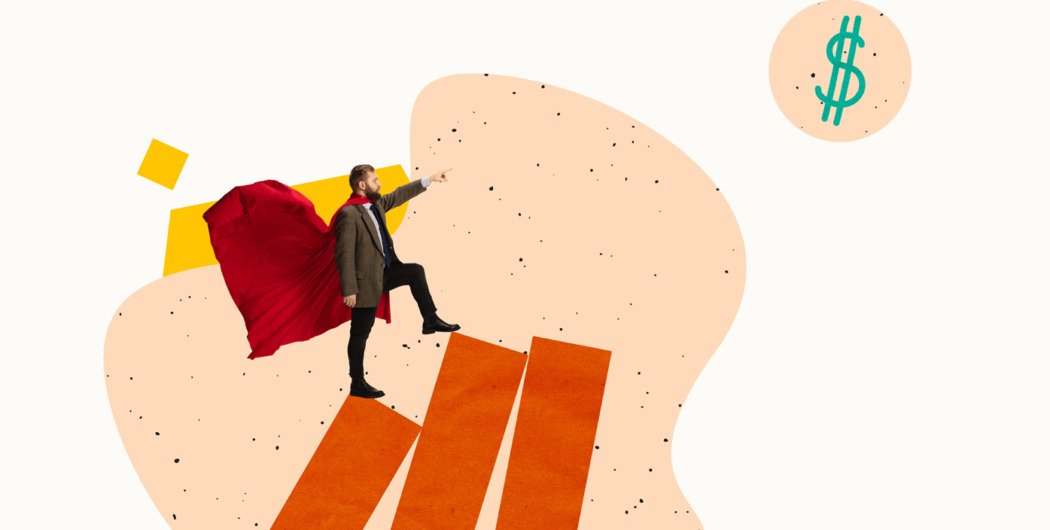

Financial independence has become more and more difficult to reach. Only around 47% of the people were financially independent in 2018, compared to the 50% in the 80s. Plus, 34% of the millennials still live with their parents or receive support. But certain life-changing habits can help turn your life around and achieve financial independence.
Create a realistic budget
When you’re trying to become financially independent, you may want to start by creating a budget. Here, you should add all of your monthly expenses, from bills to debt and other monthly payments in your household.
A well-calculated budget should have you categorizing your funds in the following way:
- 50% to Needs: Essential bills such as your mortgage, groceries, utilities, and other necessary payments that you need for survival.
- 30% to Wants: Things that are not essential but make life comfortable, such as movie or concert tickets, the occasional dinner out, a new pair of boots, etc.
- 20% to Savings: Extra payments for debt repayment, additions to a retirement or a savings account.
It’s reasonable to adjust your budget based on your income, but if your “Needs” go way past 50%, then you may want to consider cutting down on your “Wants” or find a way to get some additional income.
Invest your funds
Investing your extra funds every month can help you on your path to reaching financial independence. You may do this by buying shares, but even something as simple as a savings account may be a great method.
Savings accounts pay interest on the funds that you leave in the bank. The longer those funds remain untouched, the more interest you will get. In the coming years, your income will grow significantly, and it will also help improve your credit score.
If you plan on getting additional income by investing, then you will need want to do your market research first – and more importantly, start small. For example, if you are interested in stocks, follow the market potential first.
Cut back on unnecessary expenses
Reducing unnecessary expenses can help you reach financial independence, as you will no longer be a victim of the paycheck-to-paycheck scheme. Here is where you can start:
- Cook your meals at home instead of dining out
- Cut the subscriptions that you barely or never use
- Wait for 24 hours before impulsively buying something
- Look for deals and discounts when you need to buy something
When you are working to reduce unnecessary expenses, ask yourself: do I really need this? Even reducing small regular expenses can help you save in the long run.

Pay your debts
Debt is likely the main thing that prevents you from reaching financial independence. The longer you leave your debt unpaid, the more penalties you will have to pay. Even if you pay your debt on time and don’t incur penalties, it will still prevent you from organizing your finances in the way you want.
There is nothing wrong with paying the minimum payment on your debt when you are low on funds. Still, you might want to direct more of it towards your debt when you start getting more additional income. When you get rid of debt, you can call yourself “financially independent.”
Try negotiating
Nowadays, people don’t want to negotiate for the things that they buy out of fear of confrontation. They don’t want to look cheap, so if a seller asks for a price, they pay it. Still, by learning how to negotiate properly, you may save here and there.
For instance, let’s say there is a small vendor business from which you continuously buy supplies. Typically, small shops are almost always open for negotiations or loyalty discounts for regular customers. You just need to ask for them.
Concluding remarks
Gaining financial independence can take years, so you may not want to rush this. Remember, you are not sprinting toward the finish line – rather, you are running a marathon. Invest carefully, spend wisely and know what your goals are.


